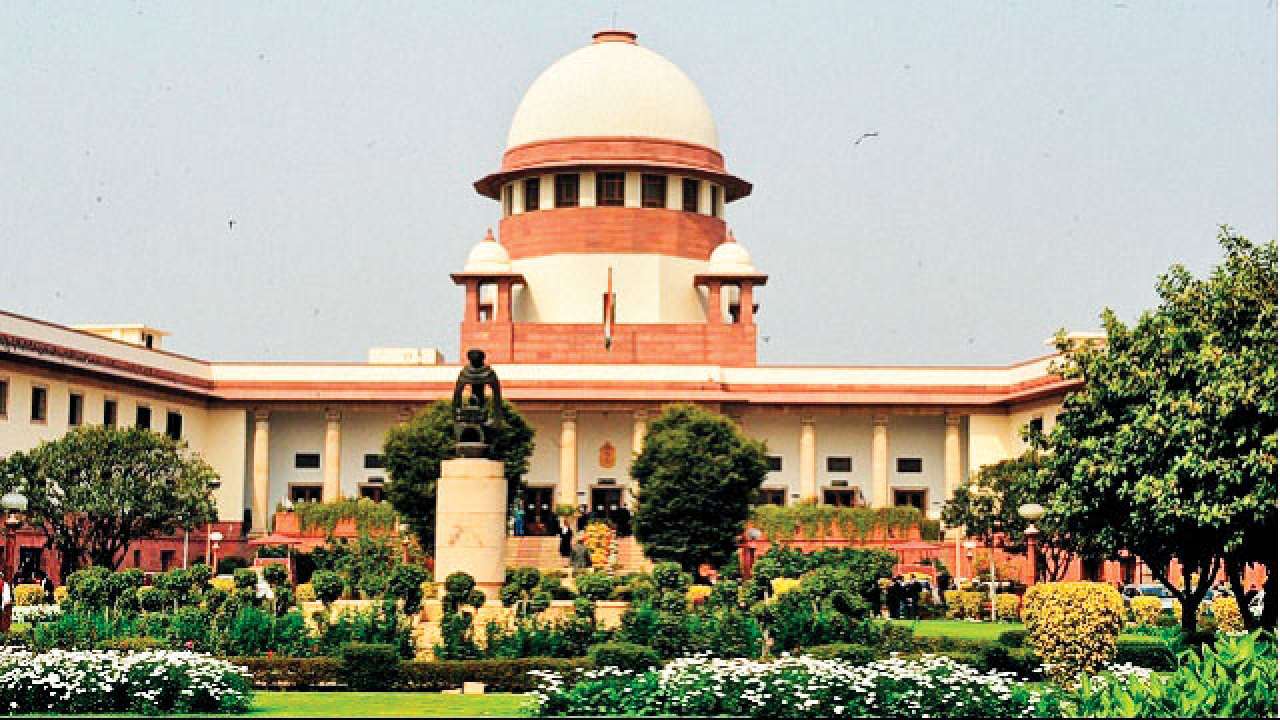
It was heartening to note the statement of the President of India on occasion of the National Law Day stressing upon affordability and access to justice and expressing concern on judicial delays. Important issues indeed which bother all stakeholders, but unfortunately these aspects are like an unruly horse unwilling to be tamed for a variety of stated and unstated reasons. The leading reason being that the hierarchy of courts is now merely being used as a stepping stone to reach the Supreme Court as a routine rather than looking for quietus or culmination of litigation at much lower levels thereby leaving time and space for the SC for cases of general public importance or major constitutional issues.
In a federal structure, though it may come as a surprise to many, as far as certain powers are concerned, the High Courts and the Supreme Court are equal, with the HC, in fact, wielding a wider writ jurisdiction under Article 226 than the SC under Article 32. The SC does not even exercise superintendence over High Courts as HCs do over lower Courts. The superiority of jurisdiction of SC over HCs is primarily appellate when orders of the HC are challenged. The high majesty of High Courts, however, today is under threat since litigants opt to test every small error till the SC with the latter ending up exercising correctional jurisdiction than being granted the legroom to adjudicate major issues requiring its attention. Coupled with this there is the inexplicable system of providing direct appeals from certain tribunals to the SC in contravention of a Seven Judge Constitution Bench decision in L Chandrakumar’s case (1997). All this not only leads to delay, costs and overburdening of the highest Court of the land with innocuous and minor matters, but also results, at times, in seemingly conflicting decisions by different benches leading to lack of judicial certainty and judicial confusion for lower fora resulting in multiple little Supreme Courts within the SC, besides making justice extremely unaffordable and inaccessible for the citizenry, though, ironically, access to justice is a recognized fundamental right.
A Constitution Bench had this to observe in Bihar Legal Support Society vs CJI (1986):
“It may, however, be pointed out that this Court was never intended to be a regular court of appeal against orders made by the High Court or the sessions court or the magistrates....This extraordinary jurisdiction could be availed by the apex court for the purpose of correcting grave miscarriage of justice, but such cases would be exceptional by their very nature...We must realise that in the vast majority of cases the High Courts must become final even if they are wrong...We must, therefore, reconcile ourselves to the idea that like the apex court which may be wrong on occasions, the High Courts may also be wrong and it is not every error of the High Court which the apex court can possibly correct...this Court should not ordinarily, save in exceptional cases, interfere with orders granting or refusing bail or anticipatory bail, because these are matters in which the High Court should normally be the final arbiter.”
Indeed, a hierarchy of Courts is also required in every democracy. A multi-layered appellate or judicial review process is much desirable since judicial errors in appreciation or application of law cannot be ruled out. But the question only is whether all routes should ultimately lead to the SC?
Rather than embarking upon the concept of a Court of Appeal between the HC and the SC, as suggested by some, and which may require constitutional amendment, I would like to think that restoring the majesty of the HC back to what the Constitution envisaged, along with certain minor doable adjustments within the existing set-up, could help. The following ideas hence come to mind:
1. Introducing Intra-Court/Letter Patents Appeal from Single Bench decisions to Division Benches within the same HC for multiple and more jurisdictions rather than the very narrow scope as is prevalent.
2. Abrogating direct appeals from tribunals to the SC and instead Division Benches of HC exercising time-bound judicial review over all tribunals as also recommended recently by the Law Commission in its 272nd Report.
3. Supreme Court sitting in larger benches, if not en bloc, to prevent conflicting decisions and judicial uncertainty and exercising jurisdiction only in rarest of rare cases of grave miscarriage of justice, questions of law of general public importance, issues involving two or more States and matters of Constitutional interpretation and the scope thereof also defined as objectively as possible.
4. Restoring the Constitutional majesty of the HC as practically the highest court and preventing it from being used merely as a stepping stone for onward appeal to the SC.
While it would take some effort to return our Constitutional Courts to their true roles, to implement what the President expressed the greatest responsibility to reduce judicial burden as also needless litigation falls upon instrumentalities of the government which file appeals to the next judicial level without batting an eye at taxpayers’ expense not out of judicial necessity but due to egotism and a faux sense of prestige of certain personalities that is hurt on losing a case. The buck also stops at our community – the lawyers and bar associations, to ensure a well-balanced and well-oiled machinery where dispensation of justice is quick, affordable & accessible and a quietus is reached at the optimum level without prolonging the agony. I need not say more.
The author is a lawyer at the Punjab & Haryana High Court. He writes on issues related to law, military and public policy. Views expressed are personal.